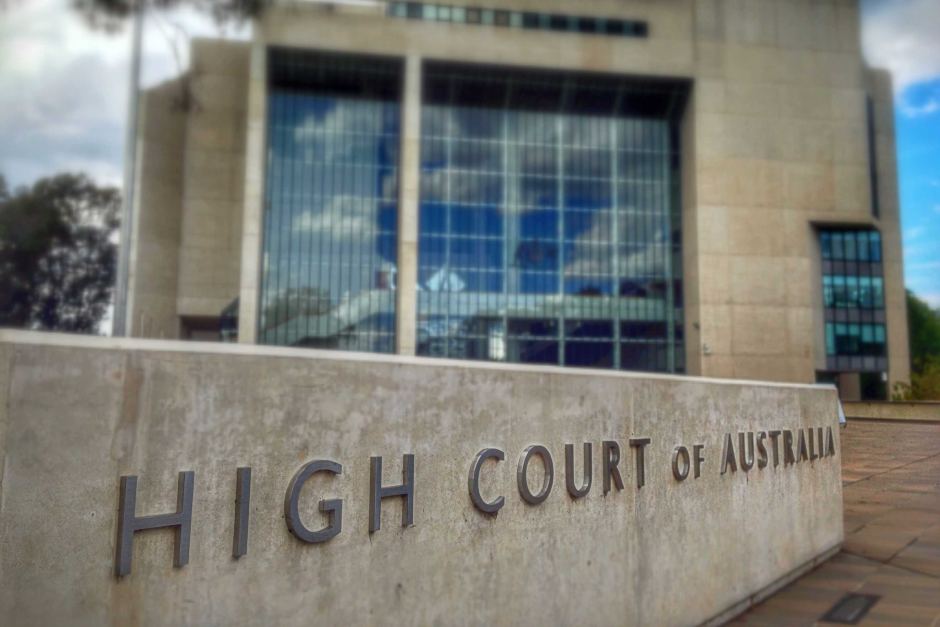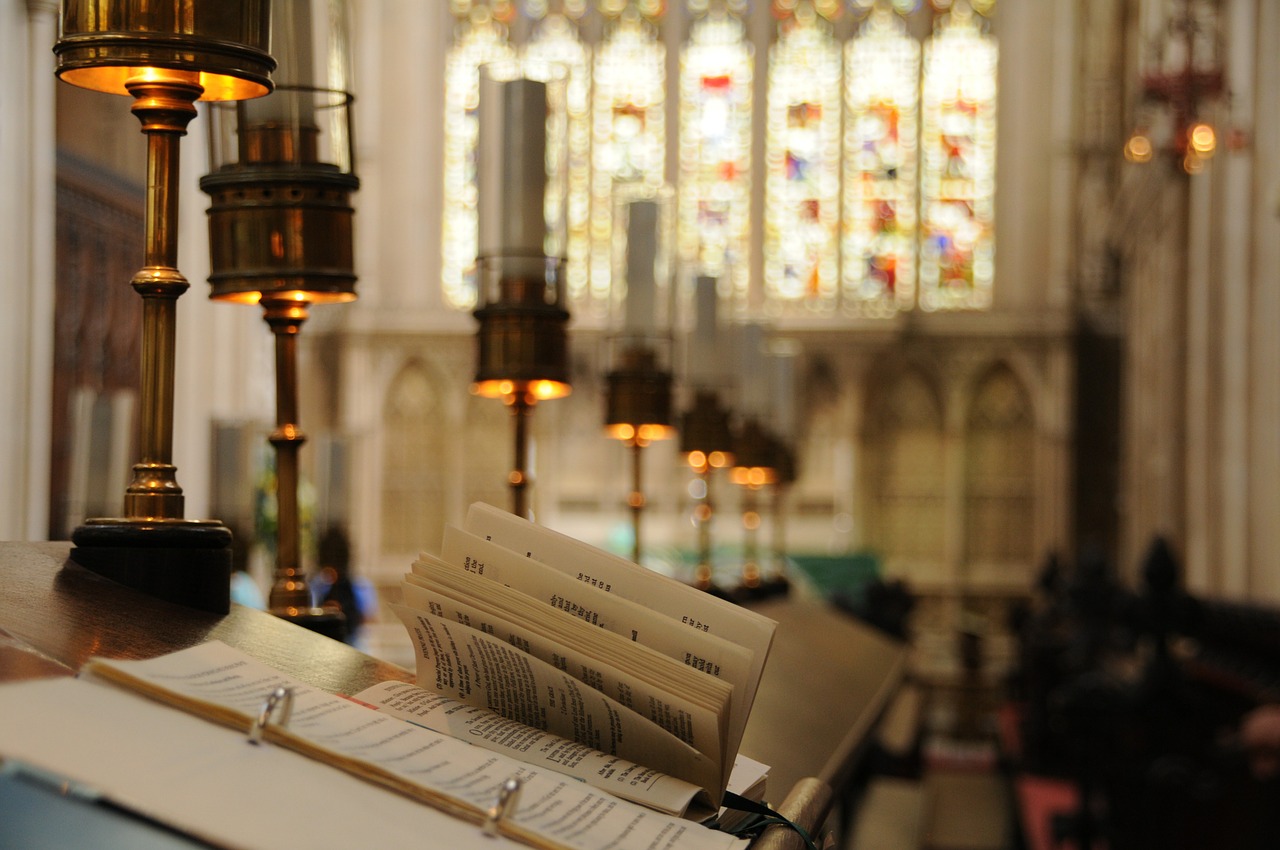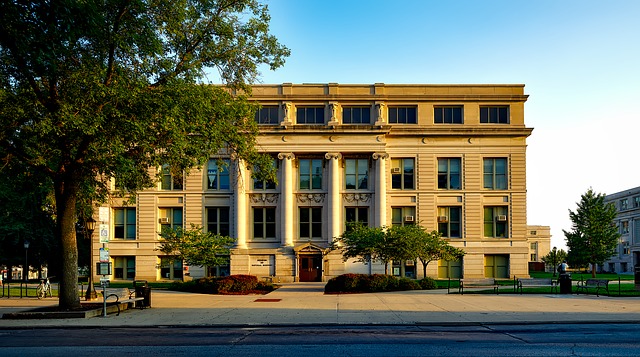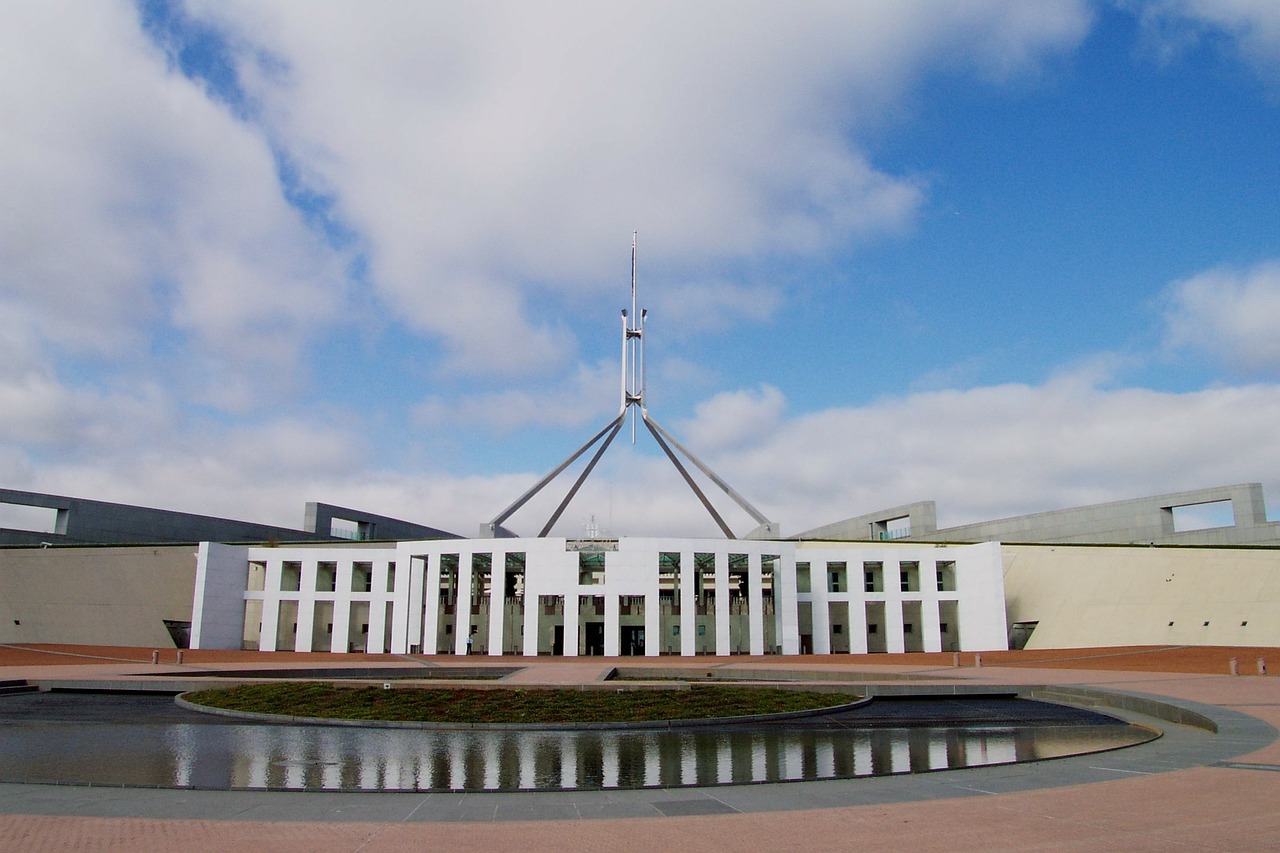Christian conservatives – following the lead of their counterparts in the United States – seek to use freedom of religion to justify discrimination against members of the LGBTQI community. This agenda is now being pursued under the guise of the debate for a marriage equality bill. (“After the yes vote, let’s not remove one inequality and replace it with another” The Guardian online, 22 Nov 2017)

Neil Foster
Law Professor
Neil is an evangelical Christian, an Associate Professor in law, a father and a grandfather. He has qualifications in both law and theology and teaches “Law and Religion” as an elective to later year law students.
He blogs at Law and Religion Australia
High Court Upholds Rejection of Inter-State Vilification Orders
In a Federation like Australia, different jurisdictions (States and Territories) may have different rules on what amounts to “discrimination” or “vilification”, and how those things interact with religious freedom. One of the pressing issues here in recent years has been whether there will be a “race to the bottom” in freedom of speech on religious issues, with one jurisdiction in particular, Tasmania, raising deep concerns with a very broad prohibition on causing “offence” related to matters such as sexual orientation. Today the High Court of Australia, on appeal from NSW, has affirmed the decision of the NSW Court of Appeal that State and Territory “tribunals” (non-judicial panels usually used in discrimination issues) have no jurisdiction to impose penalties on residents of other Australian jurisdictions under their own local laws.
Anglican Cleric Disciplined for Entering Same Sex Marriage
The recent decision of the England and Wales Court of Appeal in Pemberton v Inwood [2018] EWCA Civ 564 (22 March 2018) upholds what was in effect disciplinary action taken against a Church of England clergyman, the Reverend Canon Jeremy Pemberton, on account of his entering into a same-sex marriage. The decision is a sensible one which upholds the religious freedom of the Anglican church to operate in accordance with its fundamental religious beliefs.
Iowa University Christian Student Group Reinstated by Federal Judge
A student Christian group at the University of Iowa has been reinstated as a registered student organisation by a US Federal District Court Judge, after previously having its status revoked by University authorities. The student group, Business Leaders in Christ (“BLinC”), had been penalised because it would not agree to appoint to its leadership a same-sex attracted student, who said that they would not undertake to comply with the group’s commitment to Biblical sexual values. The University claimed that this was a breach of its Policy on Human Rights, forbidding discrimination on the basis of, among other things, sexual orientation. BLinC claimed, however, that the issue was not the student’s orientation, but their express refusal to modify their behaviour to accord with Biblical norms.
Large Fine for Refusing to Support Same-Sex Wedding Cake Upheld in Oregon
There have been a number of “wedding industry” religious freedom cases arising in the United States and the UK over the last few years. On 28 December 2017 the Oregon Court of Appeals, in Klein v. Oregon Bureau of Labor and Industries (CA Or; Dec 28, 2017, — P.3d —-, 2017 WL 6613356; 289 Or App 507 (2017)) upheld a $135,000 fine levied on the Kleins, wedding cake makers, for declining to make a cake for the wedding of Rachel and Laurel Bowmen-Cryer. The case is another example of religious freedom (and, arguably, freedom of speech) being over-ridden in the name of “dignitary harm” to same-sex couples. It is a good example of the issues being presented to the current Ruddock Inquiry into Religious Freedom being conducted in Australia at the moment.
Balancing Religious Freedom Rights is not 'Discrimination'
Australia is in the middle of a debate as to the extent to which religious freedom rights should be accommodated in legislation introducing “same sex marriage” (SSM). Those who object to this idea tell us that:
Marriage Amendment Bill Won't Protect Religious Freedom
The debate over same sex marriage in Australia has been re-ignited by news that some members of the federal governing Liberal/National Party (LNP) coalition are proposing, contrary to their party’s policy, to introduce legislation in Federal Parliament this coming week to redefine marriage to extend it to same sex couples. In particular, press reports today indicate that a new Marriage Amendment (Definition and Religious Freedoms) Bill 2017 will be introduced, one feature of which is that it contains legislative protections for religious freedom, designed to encourage support of the legislation by believers. In my view the protections to be provided, if press reports about the proposal are accurate, are far too few and far too narrow, and the proposal cannot be seen as providing adequate protection for this fundamental human right.












